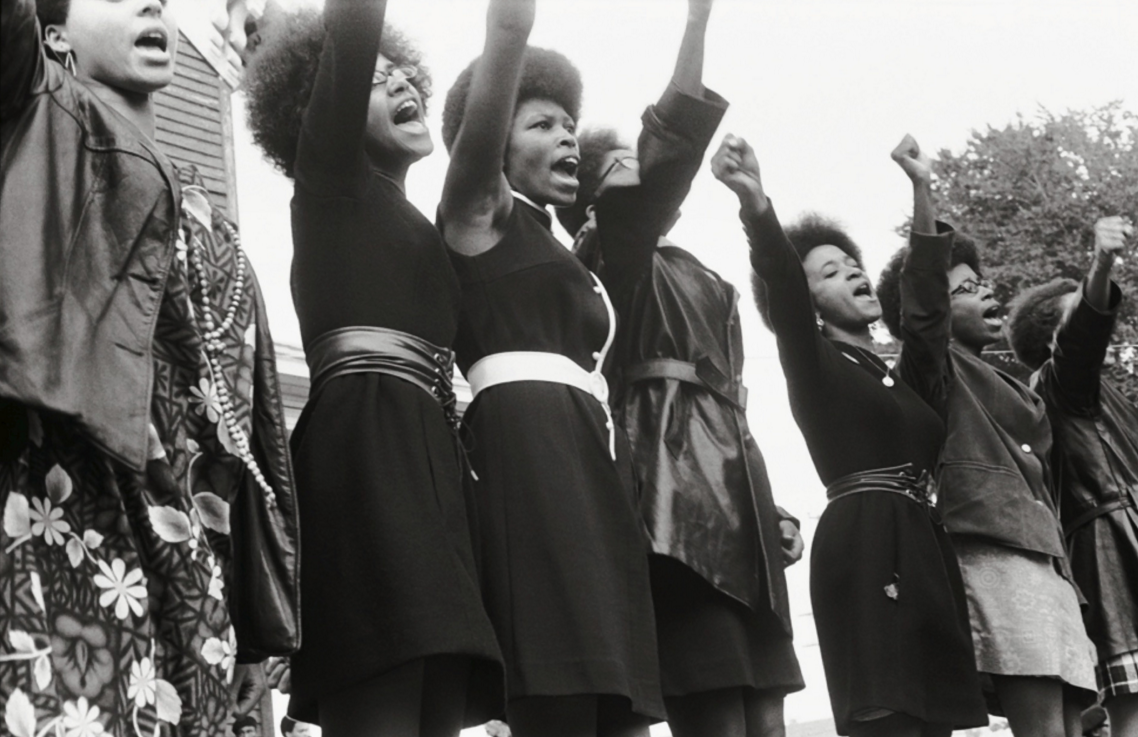With the events going on in Africa with governments being suspended, presidents detained, and embassy’s, particularly French Embassys being shutdown, we felt the need to make a resurgence of this very website, BlackRadicals.com
Refresher.
“Black radicals” typically refers to individuals or groups who advocate for radical political and social change within the context of Black liberation and civil rights. These individuals or groups often seek to address systemic racism, inequality, and oppression faced by Black people. It’s important to note that the term “radical” can encompass a wide range of beliefs and actions, and not all Black radicals share the same ideologies or methods. Here are some key points to consider:
Diversity
Diverse Perspectives: Black radicals come from diverse backgrounds and hold a wide range of political and ideological beliefs. Some may advocate for revolutionary change, while others may focus on reformist approaches within existing systems.
Historical Context: The concept of Black radicalism has deep historical roots in the United States and other countries with Black populations. Figures like Malcolm X, Huey P. Newton, and Angela Davis are often cited as prominent Black radicals who played significant roles in advocating for change during the Civil Rights Movement and the Black Power Movement.
Political Activism: Black radicals are often involved in various forms of political activism, including protests, civil disobedience, and grassroots organizing. They may address issues such as police brutality, economic inequality, education disparities, and more.
Critique of Existing Systems: Many Black radicals critique existing political and economic systems as inherently racist and argue that fundamental structural changes are needed to achieve true equality and justice.
Crossings and Intersections
Intersectionality: Black radicalism often intersects with other social justice movements, such as feminism, LGBTQ+ rights, and anti-imperialism. This intersectionality recognizes that issues of race, class, gender, and sexuality are interconnected.
Controversy and Debates: The term “Black radicals” can be controversial and is subject to different interpretations. Some people view them as necessary voices for change, while others may see them as too extreme or confrontational. Debates about the effectiveness and ethics of radical tactics are ongoing.
Evolution of Ideologies: Black radicalism has evolved over time, adapting to changing political, social, and cultural contexts. Contemporary Black activists and organizations continue to push for change using a variety of strategies and tactics.
It’s important to approach discussions about Black radicals with an understanding of the diversity of perspectives and strategies within the movement, as well as the historical and contemporary context in which they operate. Additionally, individuals and groups labeled as “Black radicals” may not always use that term to describe themselves, and self-identification and terminology can vary widely.
Dawadi Davis
BlackRadicalWriter
*BlackRadicals.com actually follow the tenets of peace, love, and happiness, as well as the remaining nine jewels found in the catalogues of the 5-Percenters. In full they are:
- Knowledge
- Wisdom
- Understanding
- Freedom
- Justice
- Equality
- Food
- Clothing
- Shelter
We live by the 9 fruits of the spirit; they are in full here:
- Love
- Joy
- Peace
- Patience (longsuffering)
- Gentleness
- Goodness
- Faithfulness
- Meekness (humility)
- Self-Control (temperance)
And we live by the commandments, the Anointed Son taught while on the earth. They are mainly:
Some of the teachings and commandments given by the Anointed Son in the Sermon on the Mount include:
The Beatitudes (Matthew 5:3-12): These describe qualities and attitudes that are endowed by the Creator, such as meekness, peacemaking, and hunger for righteousness.
The commandment against murder and anger (Matthew 5:21-22).
The commandment against adultery and lust (Matthew 5:27-28).
The teaching on divorce (Matthew 5:31-32).
The commandment to love your enemies (Matthew 5:43-48).
The teaching on prayer, including the Lord’s Prayer (Matthew 6:5-15).
The commandment not to store up treasures on earth (Matthew 6:19-21).
The commandment not to worry (Matthew 6:25-34).
And the commandment not to judge others (Matthew 7:1-5).
The Golden Rule (Matthew 7:12), which is similar to the commandment to love your neighbor as yourself.
We do not advocate violence except in cases of defending oneself or one’s family.
